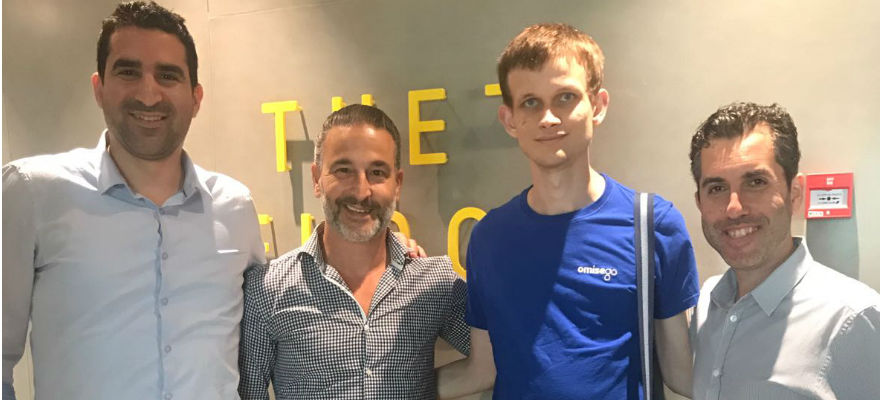Vitalik Buterin, the founder of Ethereum, has made some very interesting remarks regarding the current ICO (Initial Coin Offering) market. In essence, he believes that the current trend of massive token sales is unsustainable.
Buterin made these remarks during a trip to Israel, which was sponsored by , which he took in order to meet local cryptocurrency and blockchain technology entrepreneurs. He was interviewed by Israeli financial newspaper TheMarker, which asked him about the ICO market.
Buterin said (translated from Hebrew): “I think that there is complexity in technology and sometimes there are conflicts. Even before Bitcoin there were attempts to create social changes or decentralize the power of the internet but they didn’t take off and for some reason it was adopted by the public. Blockchain is a decentralizing project and everyone is very excited. I think that one of the reasons for this is that it is a social revolution wrapped in something speculative, that can make people rich. Sometimes a conflict is created between people that want to change the world and people that see this technology as an investment instrument.”
“It would be a mistake to underestimate the value of ICOs or to say that they are a bad thing. ICOs are interesting because they enable monetization for open source projects, something that doesn’t happen often. I created Ethereum itself with an ICO. What we are seeing lately is that people are taking this idea too far, and there are projects that issue a coin not because it makes sense to issue a coin but because they have a product they can sell and raise money. Without a coin there is no business model. This creates the imbalance of incentives in the community at the moment.”
“I indeed think that we are in a bubble because all the cryptocurrencies are rising and people have a feeling that they will always continue to rise. A lot of projects are raising more money than what they would be able to in the normal VC market, and sometimes there is no match between the necessity and usefulness of the project and its ability to raise money. Additionally, this market is still young and people still don’t know how to differentiate between projects that will exist in the long term and those that won’t. This thing is growing at a rate that makes it hard to control. I, for example, don’t participate in most ICOs because I think they are done at too high valuations.”
“If most ICOs fail, that is a risk (to Ethereum itself). We need to avoid over-publicizing these projects. The way to evaluate them is mostly by the résumé of the people in charge because there is no real way to judge such new projects. That is why there are projects that declare they are linked to this or that organization or even me – even if I am not linked to them. In the long run, the market will need to find a way to judge which projects make sense and what their appropriate worth is. It is not clear how things will look in a year or two. In the end the market will need to cool down. A lot of projects will fail and people will lose money.”





Be First to Comment